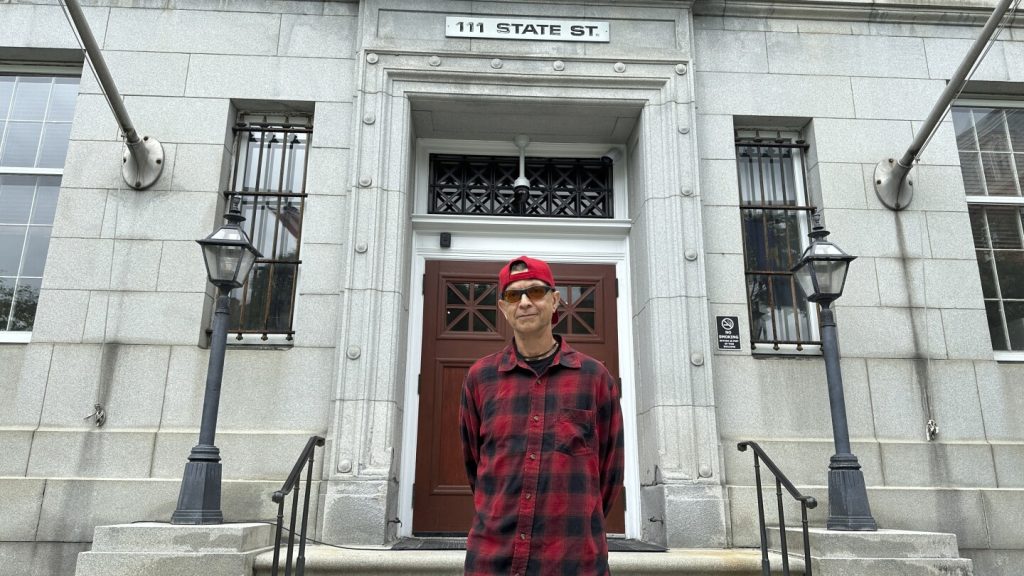Ivo Skoric, a Vermont man who lost his job after testing positive for medical marijuana during a random drug test, has appealed to the Vermont Supreme Court to challenge the denial of his state unemployment benefits. Skoric, who uses medical cannabis for chronic pain under a doctor’s prescription, argued that his off-duty use of the medicine should not disqualify him from receiving unemployment benefits. His termination from the Marble Valley Regional Transit District in Rutland was based on misconduct, as his employer’s drug and alcohol policy prohibited the use of medical marijuana.
Representing himself, Skoric presented his case to the Vermont Supreme Court, arguing that as a medical cannabis patient in Vermont, he should be protected by state agencies and not disqualified from receiving unemployment benefits. The ACLU of Vermont, Criminal Justice Reform, and Disability Rights Vermont also supported Skoric’s appeal, stating that benefits should not be denied simply because an individual is using medical cannabis. The Vermont Employment Security Board had ruled against Skoric, citing his violation of the employer’s drug and alcohol policy as grounds for disqualification from unemployment benefits.
Despite Skoric’s legal use of medical cannabis for treatment, the board determined that the employer had the right to enforce workplace policies that prohibit otherwise legal behavior, leading to Skoric’s termination for misconduct. The board acknowledged Skoric’s legitimate need for medical cannabis but maintained that employers could set policies restricting certain behaviors. Skoric had requested a review from the state Supreme Court on whether the misconduct disqualification provision applied to off-duty use of medical cannabis. The Vermont Department of Labor defended the board’s decision, emphasizing the importance of upholding federal rules for employers who receive funding from federal grants.
The question of distinguishing between consumption and impairment of cannabis arose during the court proceedings, with Skoric and his legal representation arguing that off-duty use of state-sanctioned medical cannabis should not qualify as misconduct. The lawyer for the Vermont Department of Labor highlighted the challenges that employers face in complying with federal regulations while accommodating state laws on medical cannabis. Skoric contended that the testing for cannabis can show positive results days after use, making it difficult to determine if impairment was present during work hours. The case highlights the complexities surrounding the intersection of state medical cannabis laws and federal regulations in the workplace.
Skoric’s appeal to the Vermont Supreme Court represents a broader debate on the rights of medical cannabis patients in the workforce and their eligibility for unemployment benefits. The outcome of this case could set a precedent for how states handle similar situations where individuals are legally using medical cannabis but face consequences in their employment. As the legalization of medical cannabis continues to evolve, it is crucial for state agencies and employers to navigate the complexities of accommodating medical needs while ensuring workplace safety and compliance with federal regulations. Skoric’s case sheds light on the ongoing challenges faced by individuals using medical cannabis in states where its use is legalized but federal laws still pose obstacles in the workplace.


